A Journey Through Home Decor Styles: Exploring the Essence of Personal Expression
Related Articles: A Journey Through Home Decor Styles: Exploring the Essence of Personal Expression
Introduction
With great pleasure, we will explore the intriguing topic related to A Journey Through Home Decor Styles: Exploring the Essence of Personal Expression. Let’s weave interesting information and offer fresh perspectives to the readers.
Table of Content
A Journey Through Home Decor Styles: Exploring the Essence of Personal Expression
Home decor transcends mere aesthetics; it serves as a powerful tool for self-expression, reflecting individual tastes, values, and aspirations. It transforms a house into a home, a sanctuary that fosters comfort, inspiration, and a sense of belonging. The world of home decor is a vibrant tapestry of styles, each with its own unique character and appeal. This exploration delves into the diverse landscape of home decor styles, providing a comprehensive understanding of their defining features, benefits, and potential applications.
1. Modern: Embracing Simplicity and Functionality
Modern home decor embodies clean lines, minimalist aesthetics, and a focus on functionality. Characterized by a neutral color palette, geometric shapes, and a preference for natural materials like wood, metal, and leather, it prioritizes open spaces, abundant natural light, and a sense of order.
Benefits:
- Clean and uncluttered: Modern decor fosters a sense of calm and spaciousness, ideal for individuals who value simplicity and organization.
- Timeless elegance: Its minimalist approach transcends fleeting trends, ensuring enduring appeal and a timeless aesthetic.
- Versatility: Modern design easily adapts to various architectural styles and personal preferences, allowing for customization and evolution.
FAQs:
-
What are some key elements of modern decor?
- Minimalist furniture with clean lines and geometric shapes.
- Neutral color palette with accents of vibrant hues.
- Natural materials like wood, metal, and leather.
- Open floor plans and abundant natural light.
- Functional and practical design elements.
-
How can I incorporate modern decor into my existing space?
- Start with a neutral color palette and add pops of color through accessories.
- Choose furniture with clean lines and minimal ornamentation.
- Introduce natural materials like wood and metal.
- Maximize natural light by removing clutter and using sheer curtains.
- Declutter and simplify, focusing on essential items.
Tips:
- Prioritize functionality: Choose furniture and accessories that serve a purpose and enhance the overall flow of the space.
- Embrace negative space: Allow for empty areas to create a sense of spaciousness and visual appeal.
- Incorporate natural elements: Utilize wood, stone, or plants to bring a touch of nature indoors.
- Experiment with lighting: Utilize natural light and strategically placed lamps to create different moods.
- Keep it clean and uncluttered: Regularly declutter and organize to maintain a sense of order and serenity.
Conclusion:
Modern home decor is a testament to the power of simplicity and functionality. By embracing a minimalist approach and prioritizing practicality, it creates a calming and inviting atmosphere, ideal for those who value order and a sense of tranquility.
2. Contemporary: A Fusion of Modern and Traditional
Contemporary home decor, often confused with modern, embraces a more fluid and eclectic approach. It draws inspiration from modern design principles but incorporates elements of traditional styles, resulting in a harmonious blend of old and new.
Benefits:
- Unique and personalized: Contemporary decor allows for individual expression and the creation of a truly unique aesthetic.
- Versatile and adaptable: It can seamlessly integrate various styles and textures, creating a dynamic and engaging space.
- Comfortable and inviting: The blend of modern and traditional elements creates a welcoming and cozy atmosphere.
FAQs:
-
What distinguishes contemporary from modern decor?
- Contemporary embraces a wider range of materials and textures, including traditional elements.
- It features a more eclectic color palette, incorporating bolder hues and patterns.
- It often incorporates elements of vintage or antique furniture, adding character and history.
-
How can I achieve a contemporary look in my home?
- Start with a neutral base and introduce pops of color through artwork, textiles, and accessories.
- Mix modern furniture with vintage pieces for a layered look.
- Incorporate textures like velvet, leather, and natural fibers.
- Use lighting to create different moods and highlight specific areas.
- Embrace personal touches and unique finds.
Tips:
- Layer textures and patterns: Introduce different textures and patterns through textiles, rugs, and artwork.
- Mix and match furniture styles: Combine modern and traditional furniture pieces for a unique and eclectic look.
- Incorporate pops of color: Add vibrant accents through artwork, cushions, or throws.
- Use lighting strategically: Utilize lamps and overhead lighting to create different moods and highlight focal points.
- Display personal collections: Showcase cherished items and unique finds to add character and personality.
Conclusion:
Contemporary home decor offers a dynamic and versatile approach, merging modern aesthetics with traditional elements. It fosters a sense of individuality and allows for creative expression, resulting in a space that is both stylish and comfortable.
3. Traditional: Embracing Timeless Elegance and Comfort
Traditional home decor exudes a sense of timeless elegance and comfort, drawing inspiration from classic design principles. Characterized by rich colors, intricate details, and a focus on craftsmanship, it evokes a sense of history and sophistication.
Benefits:
- Warm and inviting: Traditional decor creates a cozy and welcoming atmosphere, perfect for fostering a sense of comfort and belonging.
- Timeless and enduring: Its classic elements transcend fleeting trends, ensuring a lasting appeal and a sense of stability.
- Elegant and sophisticated: The use of rich fabrics, intricate details, and handcrafted furniture exudes an air of refinement and sophistication.
FAQs:
-
What are some defining features of traditional decor?
- Rich color palettes with warm tones like beige, cream, and brown.
- Ornate furniture with intricate carvings and details.
- Traditional textiles like velvet, silk, and damask.
- Classic architectural elements like moldings, wainscoting, and fireplaces.
- Antique furniture and decorative objects.
-
How can I incorporate traditional elements into my home?
- Start with a warm and inviting color palette.
- Choose furniture with intricate details and traditional designs.
- Incorporate patterned textiles like floral prints and damask.
- Utilize antique furniture and decorative objects to add character.
- Add traditional lighting fixtures, such as chandeliers or sconces.
Tips:
- Focus on craftsmanship: Choose furniture and accessories made with high-quality materials and meticulous craftsmanship.
- Embrace symmetry and balance: Arrange furniture and accessories in a symmetrical and balanced manner.
-
Incorporate traditional patterns: Utilize floral prints, damask, or paisley patterns in textiles and accessories.
- Layer textiles: Use rugs, throws, and cushions to add texture and warmth.
- Display antique furniture and decorative objects: Incorporate antique furniture and decorative objects to add history and character.
Conclusion:
Traditional home decor offers a timeless and elegant aesthetic, creating a warm and inviting atmosphere. By embracing classic design principles and focusing on quality craftsmanship, it fosters a sense of comfort, sophistication, and enduring appeal.
4. Farmhouse: Rustic Charm and Cozy Comfort
Farmhouse decor embraces a rustic and cozy aesthetic, drawing inspiration from the simplicity and charm of rural life. Characterized by natural materials, warm colors, and a focus on comfort, it creates a welcoming and inviting atmosphere.
Benefits:
- Warm and inviting: The use of natural materials and warm colors creates a cozy and welcoming atmosphere.
- Rustic and charming: The rustic elements and handcrafted details add character and a touch of nostalgia.
- Easy to personalize: Farmhouse decor is highly adaptable, allowing for individual expression and the incorporation of personal touches.
FAQs:
-
What are some key elements of farmhouse decor?
- Natural materials like wood, stone, and linen.
- Warm color palettes with shades of cream, beige, and brown.
- Rustic furniture with distressed finishes and simple designs.
- Farmhouse accessories like galvanized metal, mason jars, and vintage finds.
- Open floor plans and a focus on natural light.
-
How can I create a farmhouse feel in my home?
- Start with a neutral color palette and introduce pops of color through textiles and accessories.
- Choose furniture with rustic finishes and simple designs.
- Incorporate natural elements like wood, stone, or plants.
- Utilize farmhouse accessories like galvanized metal, mason jars, and vintage finds.
- Create a cozy and inviting atmosphere with comfortable seating and warm lighting.
Tips:
-
Embrace natural materials: Utilize wood, stone, and linen to create a rustic and natural feel.
- Distress furniture: Add character to furniture by distressing the finish or adding antique hardware.
- Incorporate vintage finds: Utilize vintage furniture, accessories, or artwork to add a touch of history and charm.
- Create a cozy atmosphere: Use comfortable seating, warm lighting, and soft textiles to create a welcoming and inviting space.
- Don’t be afraid to mix and match: Combine different textures and patterns to create a unique and personalized look.
Conclusion:
Farmhouse decor embodies a rustic and cozy aesthetic, creating a warm and inviting atmosphere. By embracing natural materials, warm colors, and a focus on comfort, it fosters a sense of homeliness and a connection to nature.
5. Scandinavian: Minimalist Elegance and Functionality
Scandinavian home decor emphasizes minimalist aesthetics, functionality, and a sense of tranquility. Characterized by clean lines, natural materials, and a neutral color palette, it creates a serene and inviting atmosphere.
Benefits:
- Serene and calming: The minimalist approach and use of natural materials create a sense of tranquility and peace.
- Functional and practical: Scandinavian design prioritizes functionality, ensuring that every piece serves a purpose.
- Light and airy: The use of light colors and a focus on natural light creates a bright and airy atmosphere.
FAQs:
-
What are some defining features of Scandinavian decor?
- Minimalist furniture with clean lines and simple designs.
- Neutral color palette with accents of white, black, and gray.
- Natural materials like wood, wool, and cotton.
- Abundant natural light and a focus on open spaces.
- Functional and practical design elements.
-
How can I incorporate Scandinavian elements into my home?
- Start with a neutral color palette and add pops of color through textiles and accessories.
- Choose furniture with clean lines and simple designs.
- Incorporate natural materials like wood, wool, and cotton.
- Maximize natural light by removing clutter and using sheer curtains.
- Create a sense of tranquility with comfortable seating and soft lighting.
Tips:
-
Prioritize functionality: Choose furniture and accessories that serve a purpose and enhance the overall flow of the space.
- Embrace negative space: Allow for empty areas to create a sense of spaciousness and visual appeal.
- Incorporate natural elements: Utilize wood, stone, or plants to bring a touch of nature indoors.
- Experiment with lighting: Utilize natural light and strategically placed lamps to create different moods.
- Keep it clean and uncluttered: Regularly declutter and organize to maintain a sense of order and serenity.
Conclusion:
Scandinavian home decor embodies a minimalist and functional aesthetic, creating a serene and inviting atmosphere. By embracing clean lines, natural materials, and a focus on functionality, it fosters a sense of tranquility and peace.
6. Bohemian: Eclectic and Free-Spirited
Bohemian home decor embraces an eclectic and free-spirited aesthetic, reflecting a love of travel, culture, and personal expression. Characterized by a mix of textures, patterns, and colors, it creates a vibrant and unique atmosphere.
Benefits:
- Unique and personalized: Bohemian decor allows for individual expression and the creation of a truly unique aesthetic.
- Creative and inspiring: The eclectic mix of elements stimulates creativity and fosters a sense of inspiration.
- Warm and inviting: The use of rich textures and vibrant colors creates a cozy and inviting atmosphere.
FAQs:
-
What are some defining features of Bohemian decor?
- Eclectic mix of textures, patterns, and colors.
- Global influences and a mix of cultures.
- Use of natural materials like wood, leather, and textiles.
- Layered textiles, rugs, and throws.
- Vintage and antique furniture and accessories.
-
How can I create a Bohemian feel in my home?
- Start with a neutral base and add pops of color through textiles, artwork, and accessories.
- Mix and match patterns and textures to create a layered and eclectic look.
- Incorporate global influences through textiles, artwork, or decorative objects.
- Use vintage and antique furniture to add character and history.
- Create a cozy and inviting atmosphere with comfortable seating and soft lighting.
Tips:
- Embrace color and pattern: Don’t be afraid to mix and match colors and patterns to create a vibrant and eclectic look.
- Layer textiles: Use rugs, throws, and cushions to add texture and warmth.
- Incorporate global influences: Introduce elements from different cultures through textiles, artwork, or decorative objects.
- Use vintage and antique furniture: Utilize vintage and antique furniture to add character and history.
- Display personal collections: Showcase cherished items and unique finds to add personality and a sense of travel.
Conclusion:
Bohemian home decor embraces an eclectic and free-spirited aesthetic, reflecting a love of travel, culture, and personal expression. By mixing textures, patterns, and colors, it creates a vibrant and unique atmosphere that fosters creativity and a sense of individuality.
7. Industrial: Raw and Urban Chic
Industrial home decor embraces a raw and urban chic aesthetic, drawing inspiration from industrial spaces and factories. Characterized by exposed brick, metal accents, and a focus on functionality, it creates a modern and edgy atmosphere.
Benefits:
- Modern and edgy: The industrial aesthetic creates a contemporary and urban feel, ideal for those who value a modern and minimalist approach.
- Unique and bold: The use of exposed materials and raw finishes creates a bold and distinctive look.
- Functional and practical: Industrial design prioritizes functionality, ensuring that every piece serves a purpose.
FAQs:
-
What are some defining features of industrial decor?
- Exposed brick, concrete, or metal.
- Industrial-inspired furniture with metal frames and distressed finishes.
- Metal accents like pipes, gears, and lighting fixtures.
- Dark color palettes with shades of gray, black, and brown.
- A focus on functionality and simplicity.
-
How can I incorporate industrial elements into my home?
- Start with a neutral color palette and add pops of color through textiles and accessories.
- Choose furniture with metal frames and distressed finishes.
- Incorporate exposed brick, concrete, or metal accents.
- Utilize industrial-inspired lighting fixtures.
- Create a functional and practical space with open shelving and minimal clutter.
Tips:
- Embrace exposed materials: Utilize exposed brick, concrete, or metal to create a raw and industrial feel.
- Choose furniture with industrial accents: Look for furniture with metal frames, distressed finishes, or industrial-inspired designs.
- Incorporate metal accents: Utilize pipes, gears, or other metal elements to add a touch of industrial charm.
- Use lighting strategically: Utilize industrial-inspired lighting fixtures to create a dramatic and edgy atmosphere.
- Keep it clean and uncluttered: Maintain a sense of order and functionality by decluttering and organizing.
Conclusion:
Industrial home decor embraces a raw and urban chic aesthetic, creating a modern and edgy atmosphere. By utilizing exposed materials, metal accents, and a focus on functionality, it fosters a sense of urban sophistication and a connection to industrial design.
8. Coastal: Relaxed and Inviting
Coastal home decor embodies a relaxed and inviting aesthetic, drawing inspiration from the beauty and tranquility of the coast. Characterized by light colors, natural materials, and nautical accents, it creates a serene and refreshing atmosphere.
Benefits:
- Relaxed and inviting: The coastal aesthetic creates a sense of calm and tranquility, perfect for creating a peaceful and welcoming atmosphere.
- Bright and airy: The use of light colors and a focus on natural light creates a bright and airy atmosphere.
- Easy to personalize: Coastal decor is highly adaptable, allowing for individual expression and the incorporation of personal touches.
FAQs:
-
What are some key elements of coastal decor?
- Light color palettes with shades of blue, green, and white.
- Natural materials like wood, wicker, and cotton.
- Nautical accents like shells, rope, and anchors.
- Open floor plans and a focus on natural light.
- Coastal-inspired artwork and textiles.
-
How can I create a coastal feel in my home?
- Start with a light and airy color palette.
- Choose furniture with natural materials like wood, wicker, or rattan.
- Incorporate nautical accents like shells, rope, or anchors.
- Utilize coastal-inspired artwork and textiles.
- Create a relaxed and inviting atmosphere with comfortable seating and soft lighting.
Tips:
- Embrace light colors: Utilize shades of blue, green, and white to create a bright and airy atmosphere.
- Incorporate natural materials: Utilize wood, wicker, or cotton to bring a touch of the coast indoors.
- Add nautical accents: Incorporate shells, rope, anchors, or other nautical elements to add a touch of coastal charm.
- Display coastal-inspired artwork: Showcase artwork featuring seascapes, boats, or other coastal themes.
- Create a relaxed and inviting atmosphere: Use comfortable seating, soft lighting, and natural textures to create a peaceful and welcoming space.
Conclusion:
Coastal home decor embodies a relaxed and inviting aesthetic, creating a serene and refreshing atmosphere. By embracing light colors, natural materials, and nautical accents, it fosters a sense of tranquility and a connection to the beauty of the coast.
9. Mediterranean: Warm and Inviting
Mediterranean home decor embraces a warm and inviting aesthetic, drawing inspiration from the sun-drenched landscapes and vibrant cultures of the Mediterranean region. Characterized by terracotta tiles, wrought iron accents, and a focus on natural materials, it creates a cozy and inviting atmosphere.
Benefits:
- Warm and inviting: The use of warm colors, natural materials, and a focus on comfort creates a cozy and welcoming atmosphere.
- Elegant and sophisticated: The Mediterranean aesthetic exudes an air of sophistication and refinement.
- Easy to personalize: Mediterranean decor is highly adaptable, allowing for individual expression and the incorporation of personal touches.
FAQs:
-
What are some key elements of Mediterranean decor?
- Warm color palettes with shades of terracotta, olive green, and blue.
- Natural materials like stone, wood, and terracotta.
- Wrought iron accents like furniture, lighting, and accessories.
- Mediterranean-inspired textiles like linen, cotton, and silk.
- Open floor plans and a focus on natural light.
-
**How can I create a
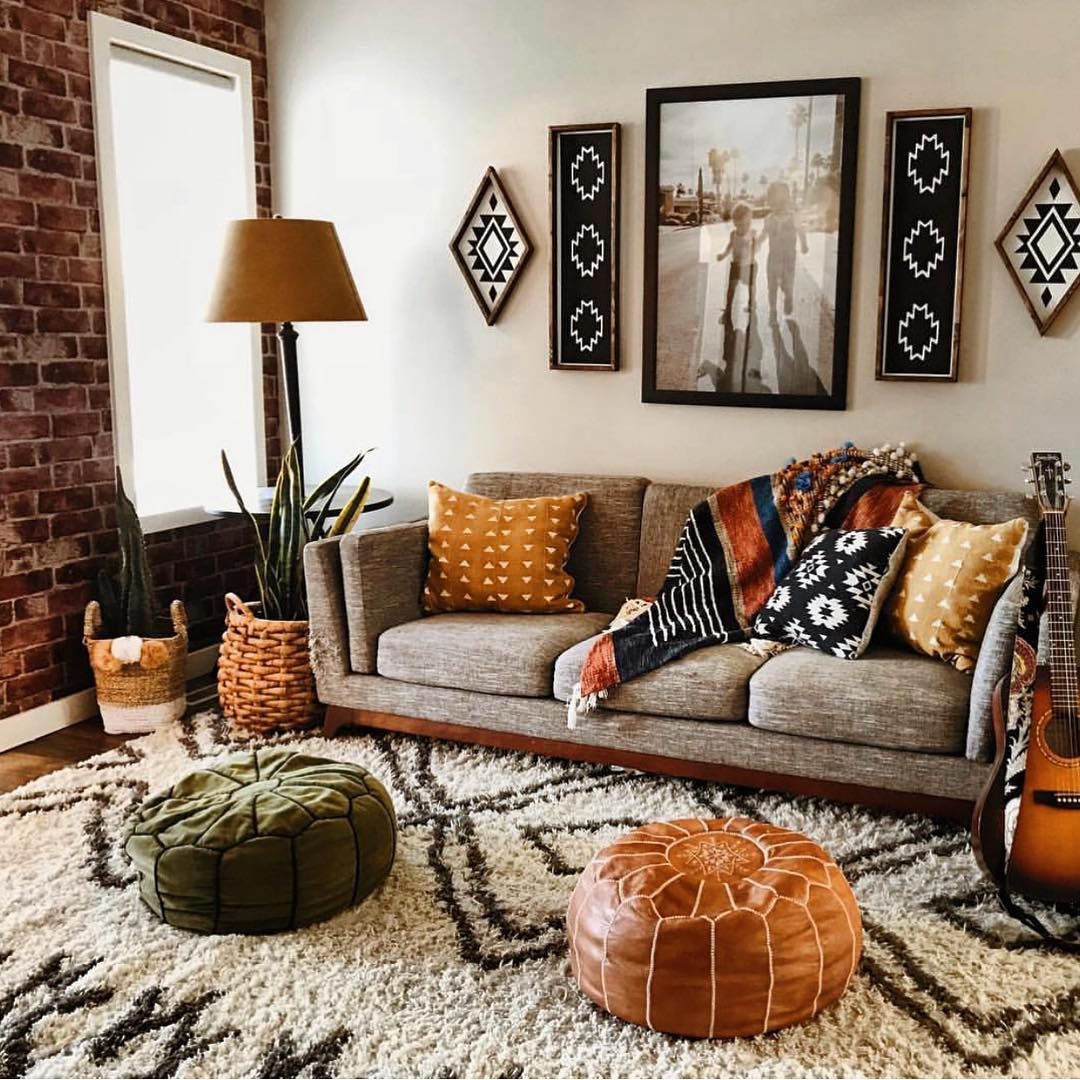
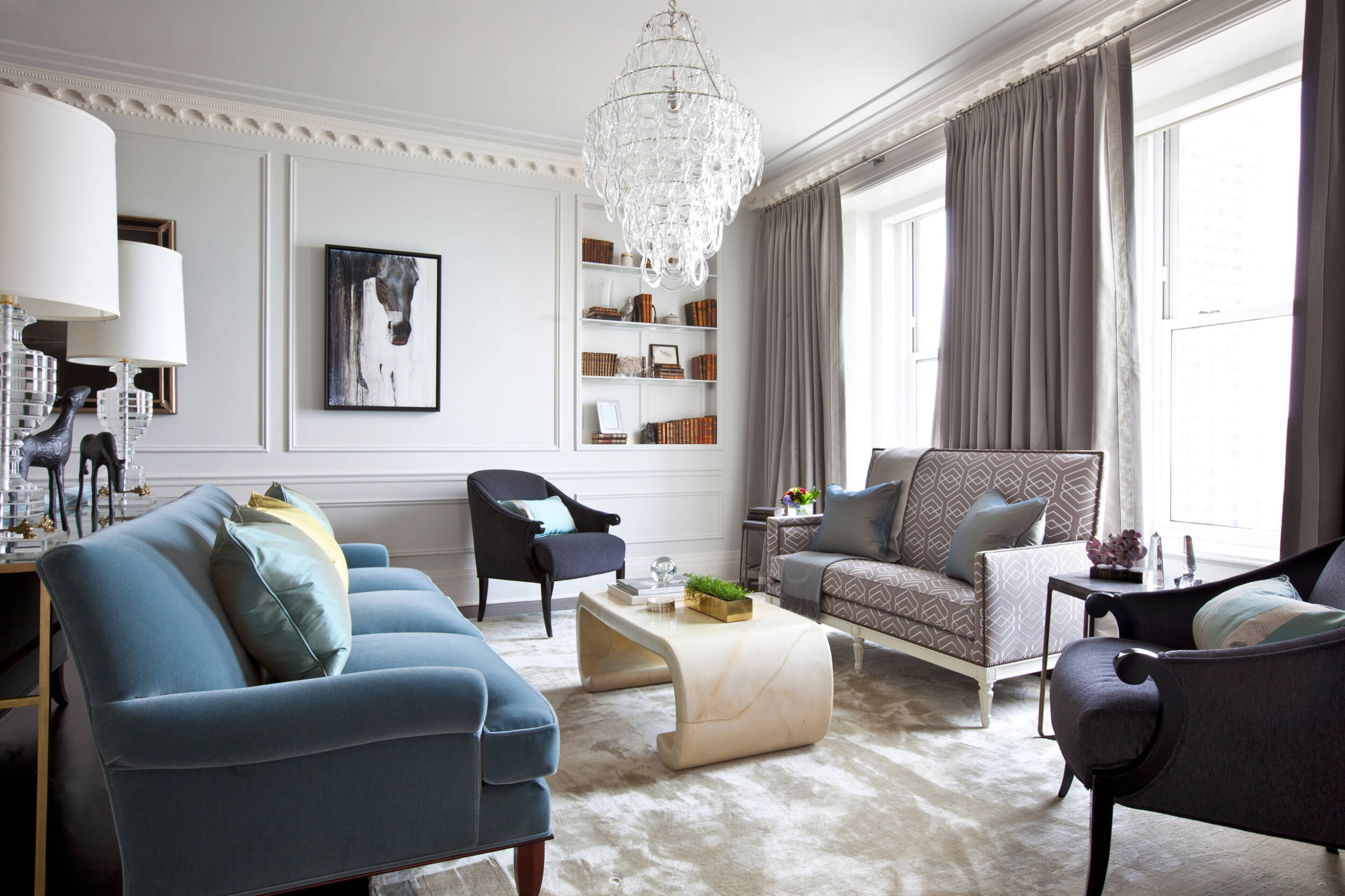
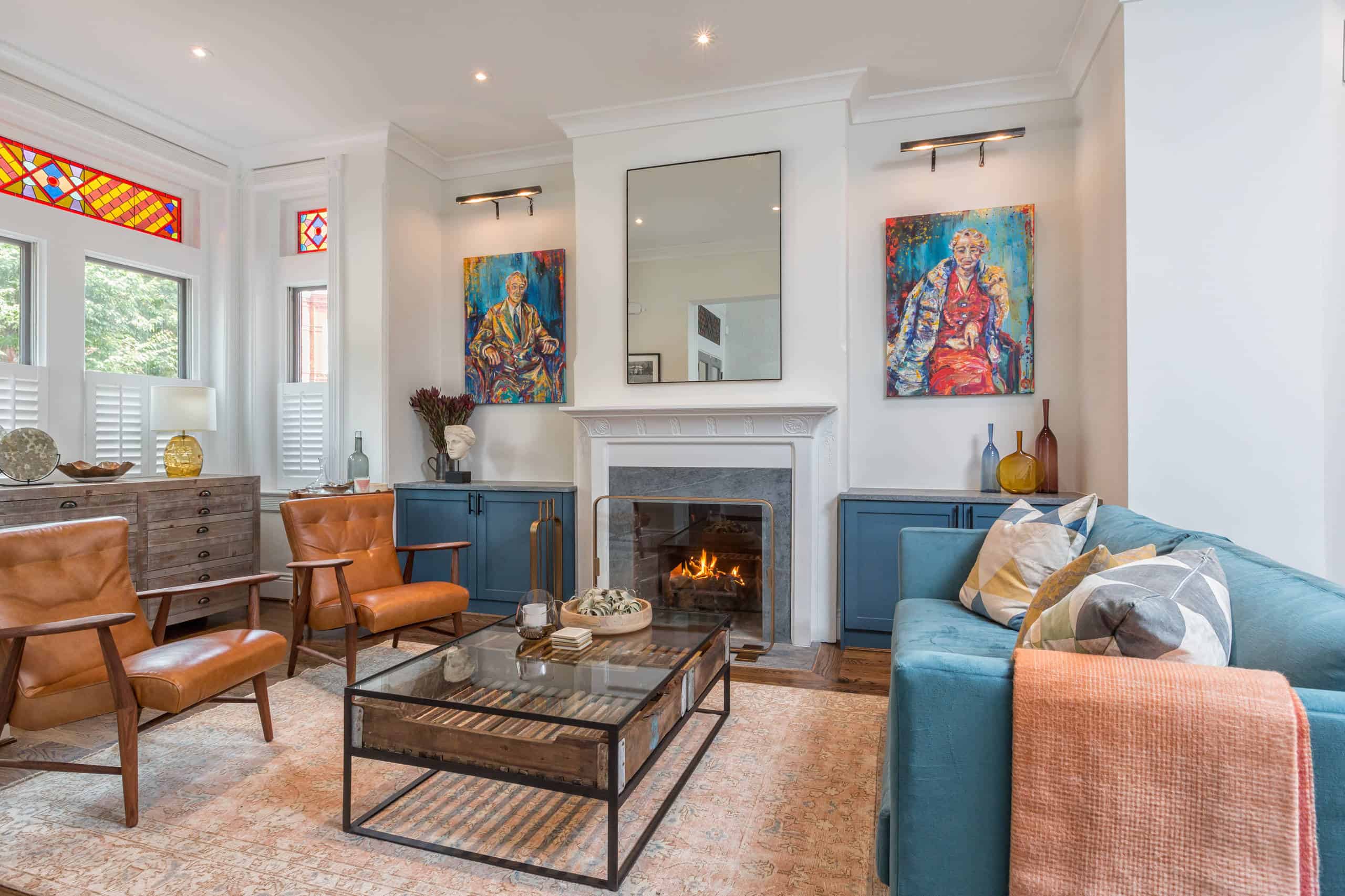
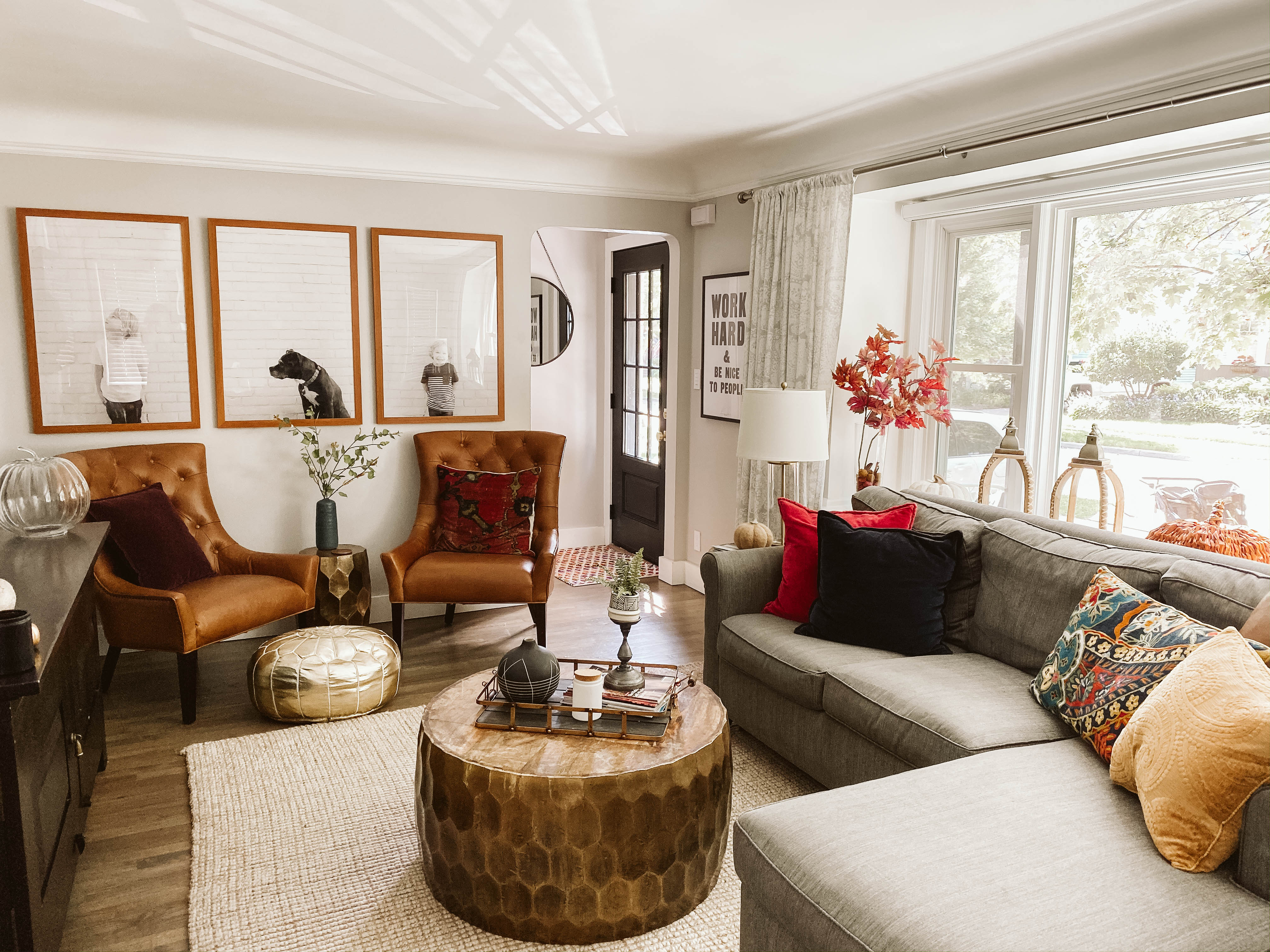
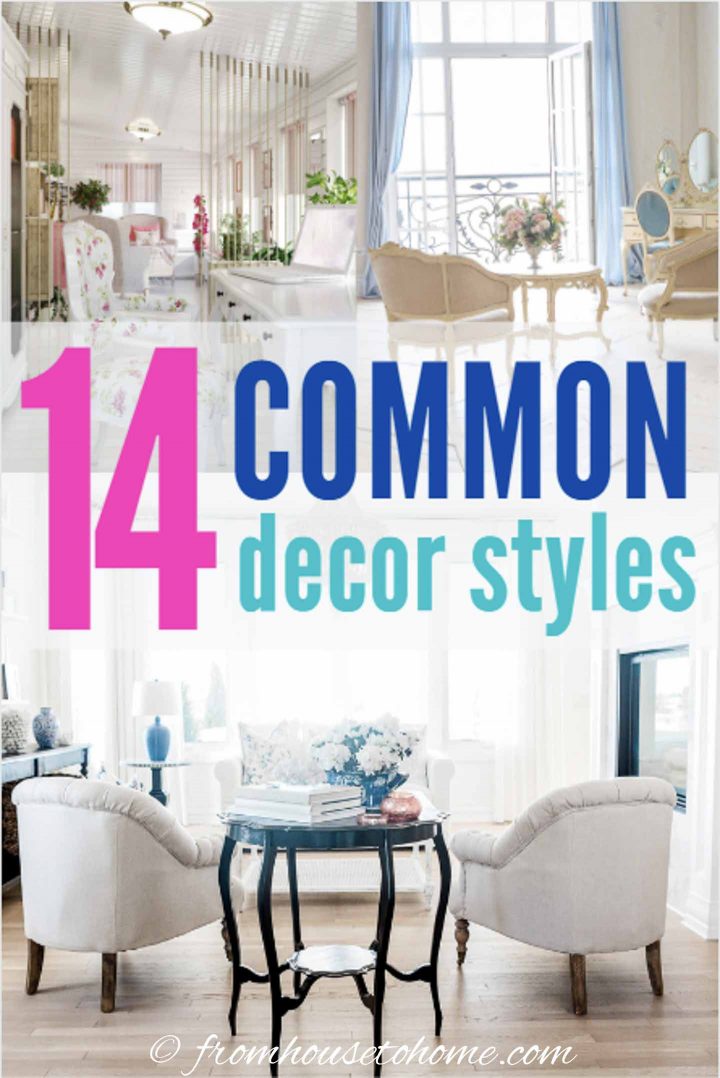
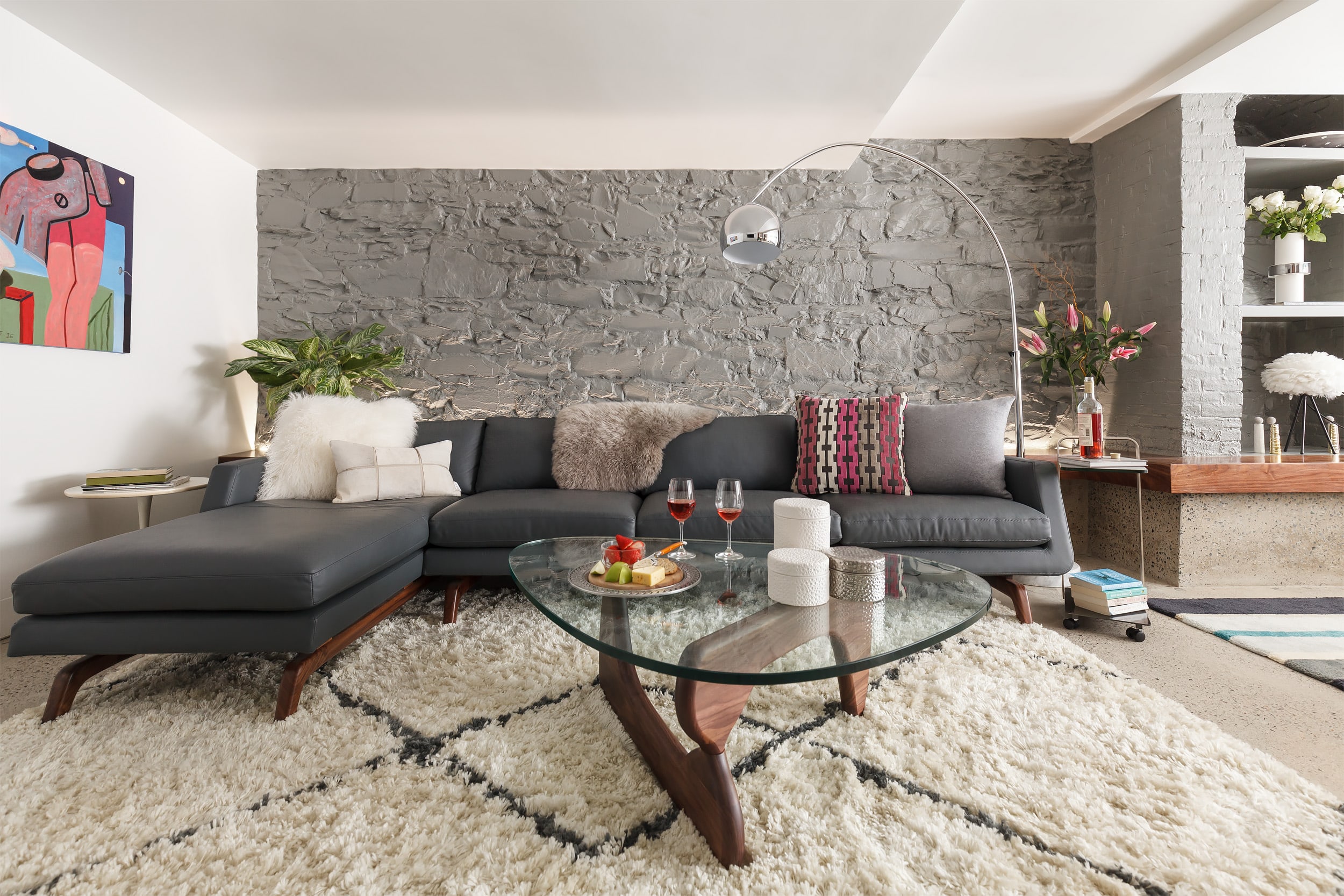


Closure
Thus, we hope this article has provided valuable insights into A Journey Through Home Decor Styles: Exploring the Essence of Personal Expression. We hope you find this article informative and beneficial. See you in our next article!
